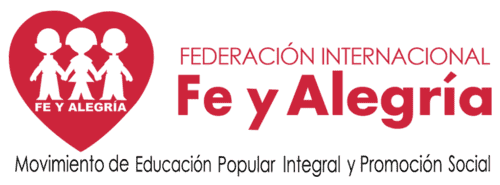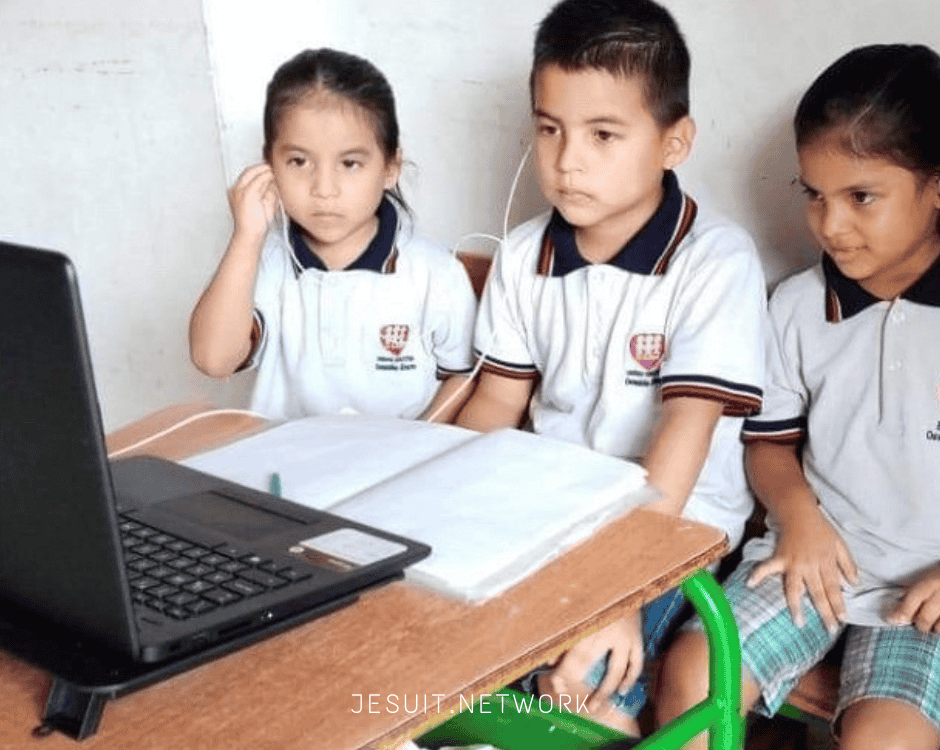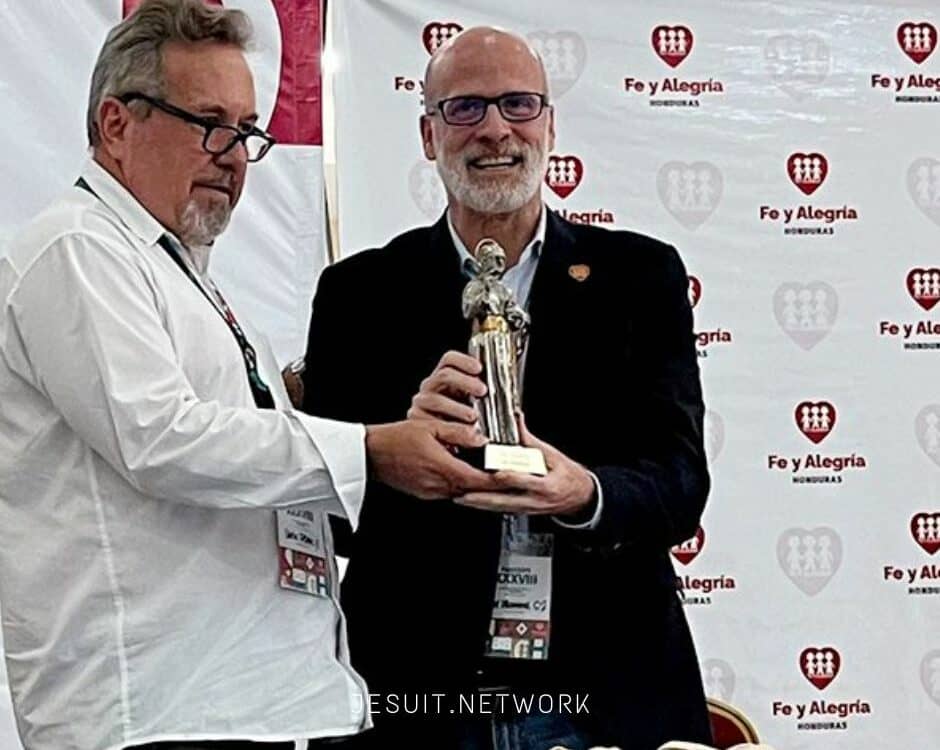This website uses cookies so that we can provide you with the best user experience possible. Cookie information is stored in your browser and performs functions such as recognising you when you return to our website and helping our team to understand which sections of the website you find most interesting and useful.
Fe y Alegría International Federation meets at El Salvador.
From October 14 to 18 a Fe y Alegría meeting was held in San Salvador. It was a gathering of all the 22 National Directors together with the leaders of what we call the federative initiatives. During the event the participants reflected on the model of “popular education” in the new world contexts and the challenges that we have as a movement to strengthen the federative work model.
One of the guests was Dr. Jose Bento da Silva, professor of the Warwick Business School in England, who presented the results of a qualitative investigation on the mechanisms of governance, leadership model and strategy in which he wanted to understand the potential of Fe y Alegría to operate more as a network.

The analysis of the data of this investigation revealed a vast experience in adaptation of the model and local responsiveness but also some inconsistencies in the understanding of the network level. Dr Bento suggested a possible interpretation of Fe y Alegría as a “meta-national” form of organization, where the nodes (national offices) gain relevance based on the specific knowledge they provide to the organization.
The challenges remain latent: strengthen our communication, work on the elements that unite us, understand ourselves as an intercultural movement and with an obvious need to empower new leaderships where the intergenerational component has a key role.
The meeting was attended by the national directors of 22 national offices and representatives of Kenya, Cambodia, Guinea and British Guyana, which are countries that are working to formalize the work of Fe y Alegría in their territories. Likewise, 14 leaders of the 17 federative initiatives shared their progress and challenges.
In addition to meetings and discernment spaces, attendees visited the Fe y Alegría Vocational Training Center in Soyapango, which offers different specialties to promote the insertion of youth and adults into the labor market. Similarly, they met the Cathedral of San Salvador where the crypt of Monsignor Romero rests and the chapel of the Martyrs at the José Simeón Cañas Central American University (UCA).





